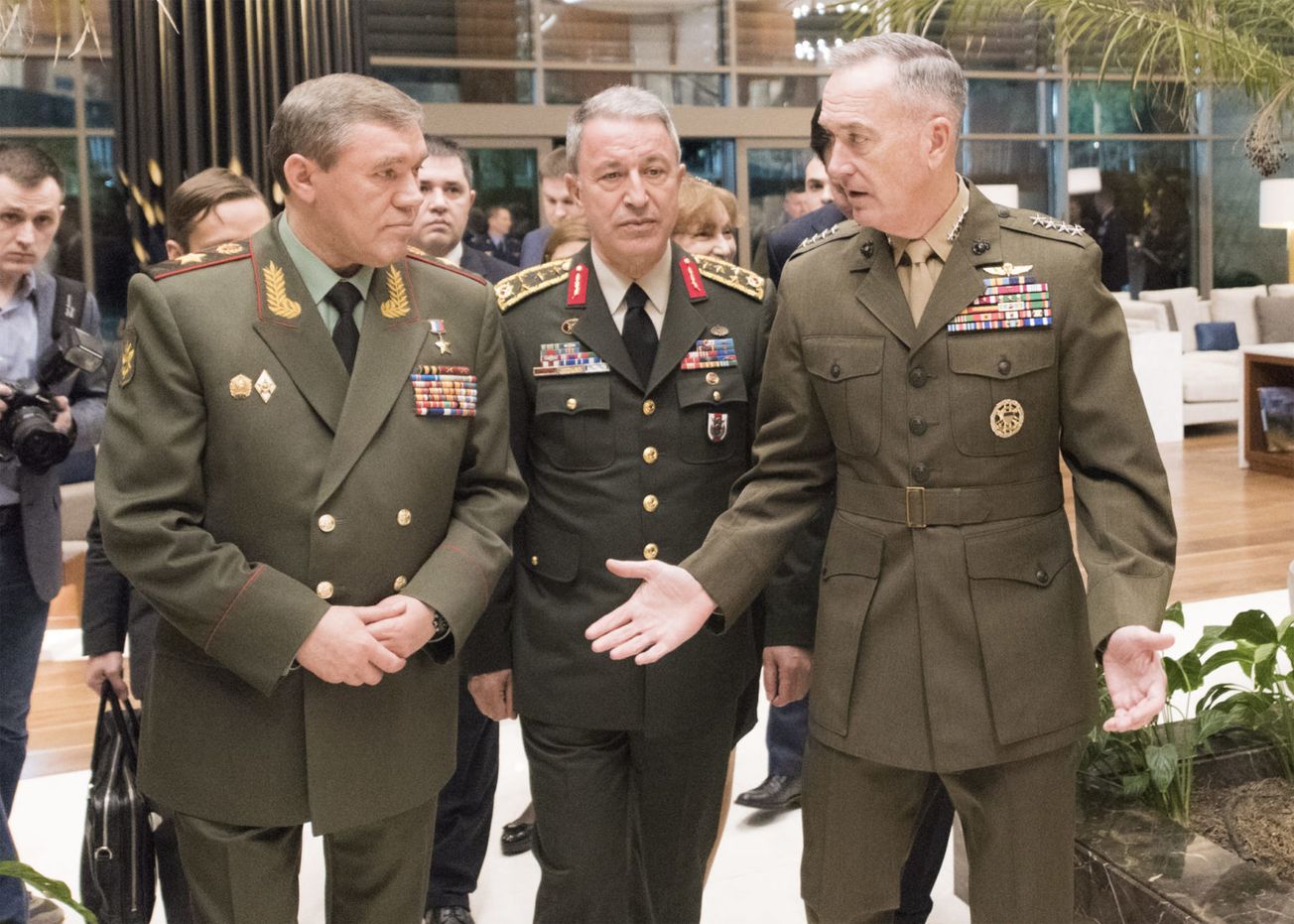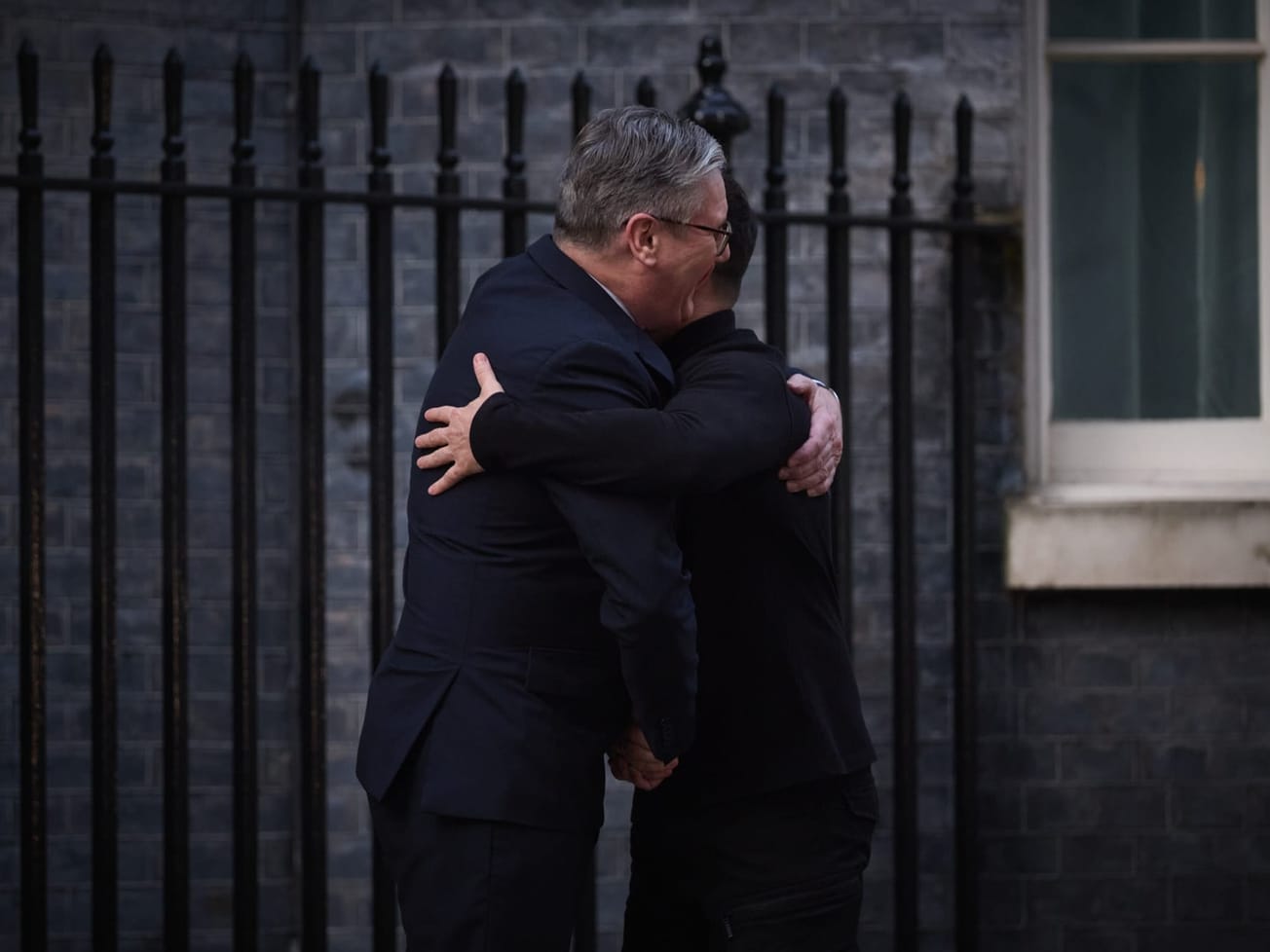UNITED NATIONS (AN) — The U.N. Security Council voted on Friday to renew a humanitarian operation in Syria but gave in to Russia's demand that it reduce cross-border aid to only two Turkish crossings, cutting off help to more than 1 million Syrians.
Since 2014, the 15-nation council has authorized the delivery of humanitarian aid to Syria each year without President Bashar Assad's permission through four border crossings: the two in Turkey — Bab al-Salam and Bab al-Hawa — and ones at Al Yarubiyah in Iraq and Al-Ramtha in Jordan.









